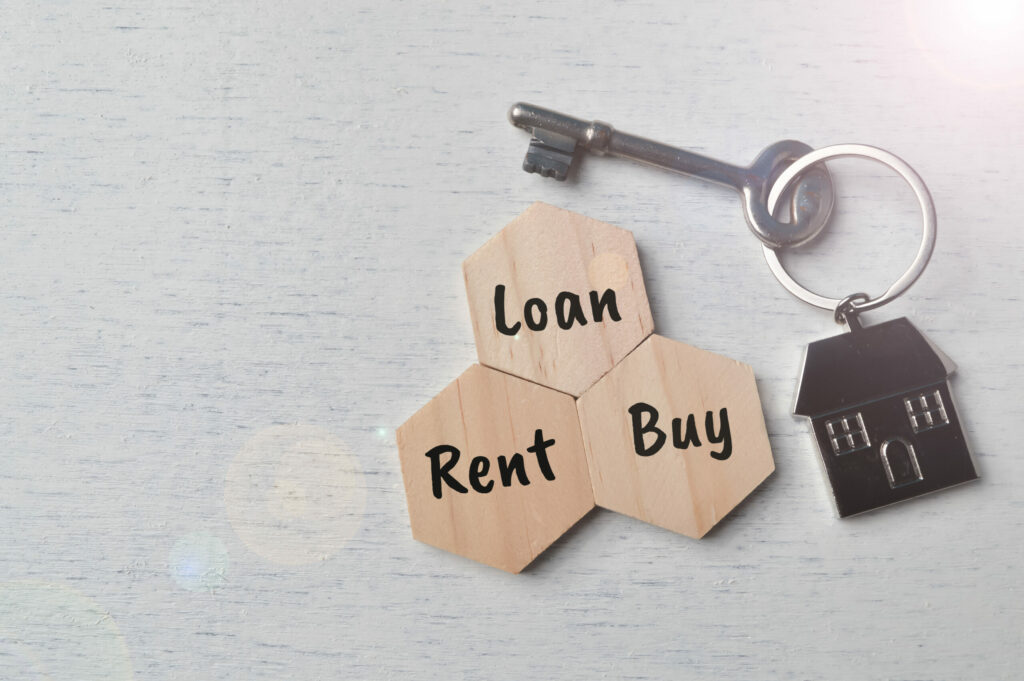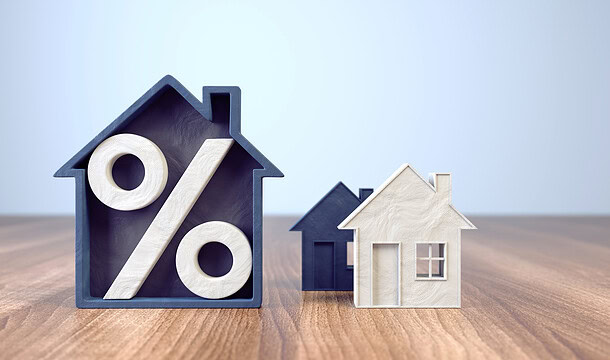Despite higher home prices and larger mortgages, monthly housing costs are currently lower on average for homeowners than renters. According to a new study sponsored by Royal LePage, homeowners paid an average of $769 less per month compared to renting a similar home in the second quarter of this year.
“For those who can secure an adequate down payment, buying a home in Canada is more financially beneficial than renting long-term in 91 percent of the cases analyzed,” Royal LePage said in a press release. In the analyzed cases, it was assumed that the borrower could pay a 20% down payment.
“Historically, home ownership has been very profitable for Canadians, many of whom have invested in real estate in their retirement plans,” said Royal LePage Real Estate Services Ltd. CEO Karen Yolevski in a statement.
“Home ownership is widely seen as a way to save money and build capital.” Research by Will Dunning, Will Dunning Inc. president, analyzed more than 270 scenarios.
“This study challenges the belief of many Canadians that owning is financially better than renting,” said Dunning. “And [the study] finds that this belief is very often correct.”
While most buyers today rely on rising home prices, the study found that even if home values do not increase, owning a home would result in a positive return on investment in most cases. The monthly costs of owning a home can be higher than renting, but one factor that gives homeowners an advantage is the equity built up with each mortgage payment.
Today’s homeowners build equity faster than ever despite record-high home prices. Historically low mortgage interest rates allow homeowners to pay off their mortgages more quickly. The principal part of the monthly installment can be considered forced savings. Edge Realty Analytics says more than 60% of the average borrower’s first mortgage payment goes toward the principal. This means that at today’s interest rates, a new buyer will have paid off at least 16% of their mortgage in the first five years.
The Royal LePage analysis included all costs associated with buying and selling a home, including closing costs, attorney and realtor fees, and land transfer taxes. Ongoing expenses such as utilities, repairs, home insurance and mortgage payments were also considered. In the 1980s, five-year mortgage payments paid only 3.8% of mortgages for homeowners.
The scenarios tested included extending the mortgage with a higher interest rate of 3.6 % for five years. “Even in this scenario, housing remains more affordable than renting in most situations,” the analysis said.




